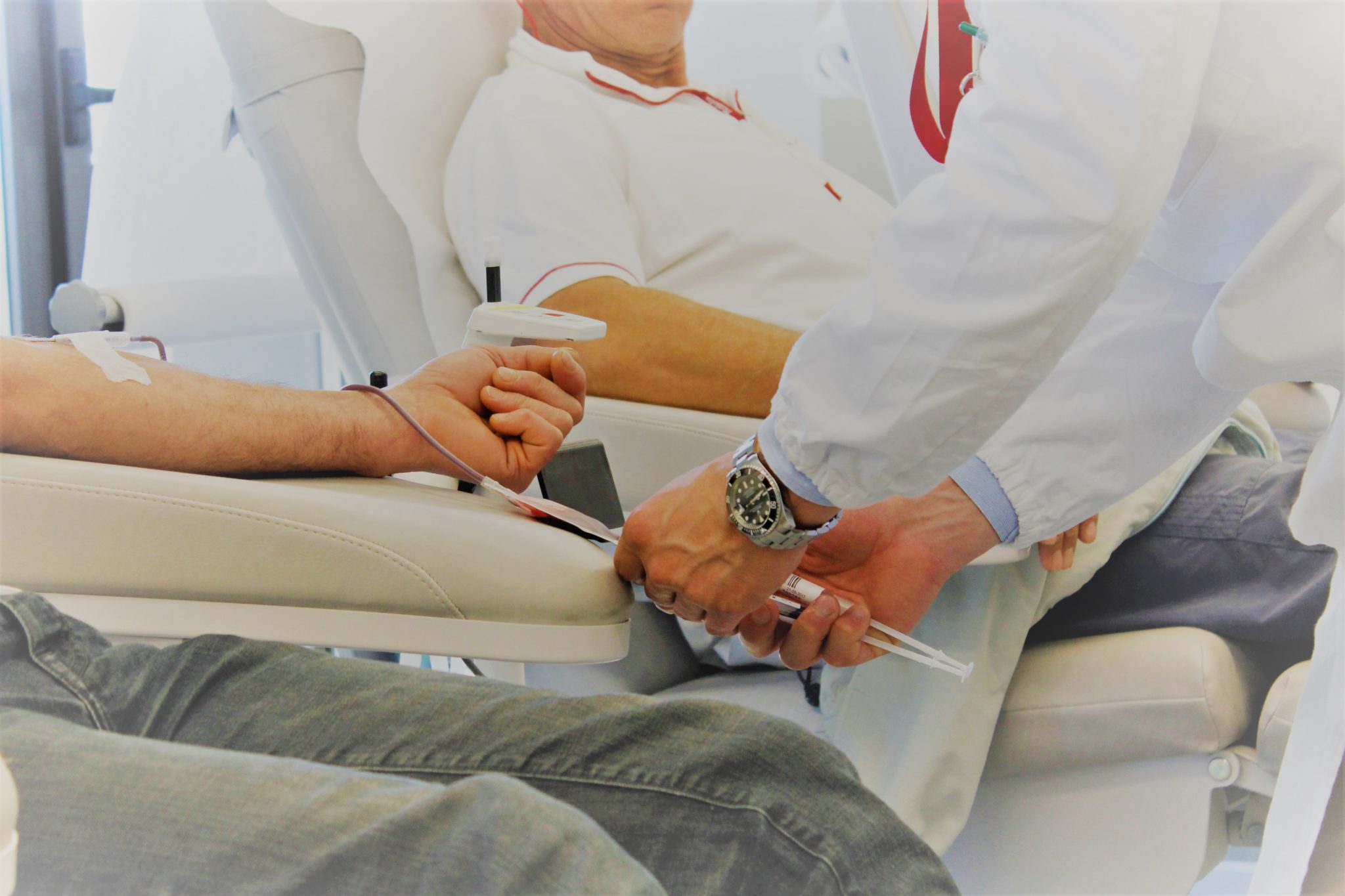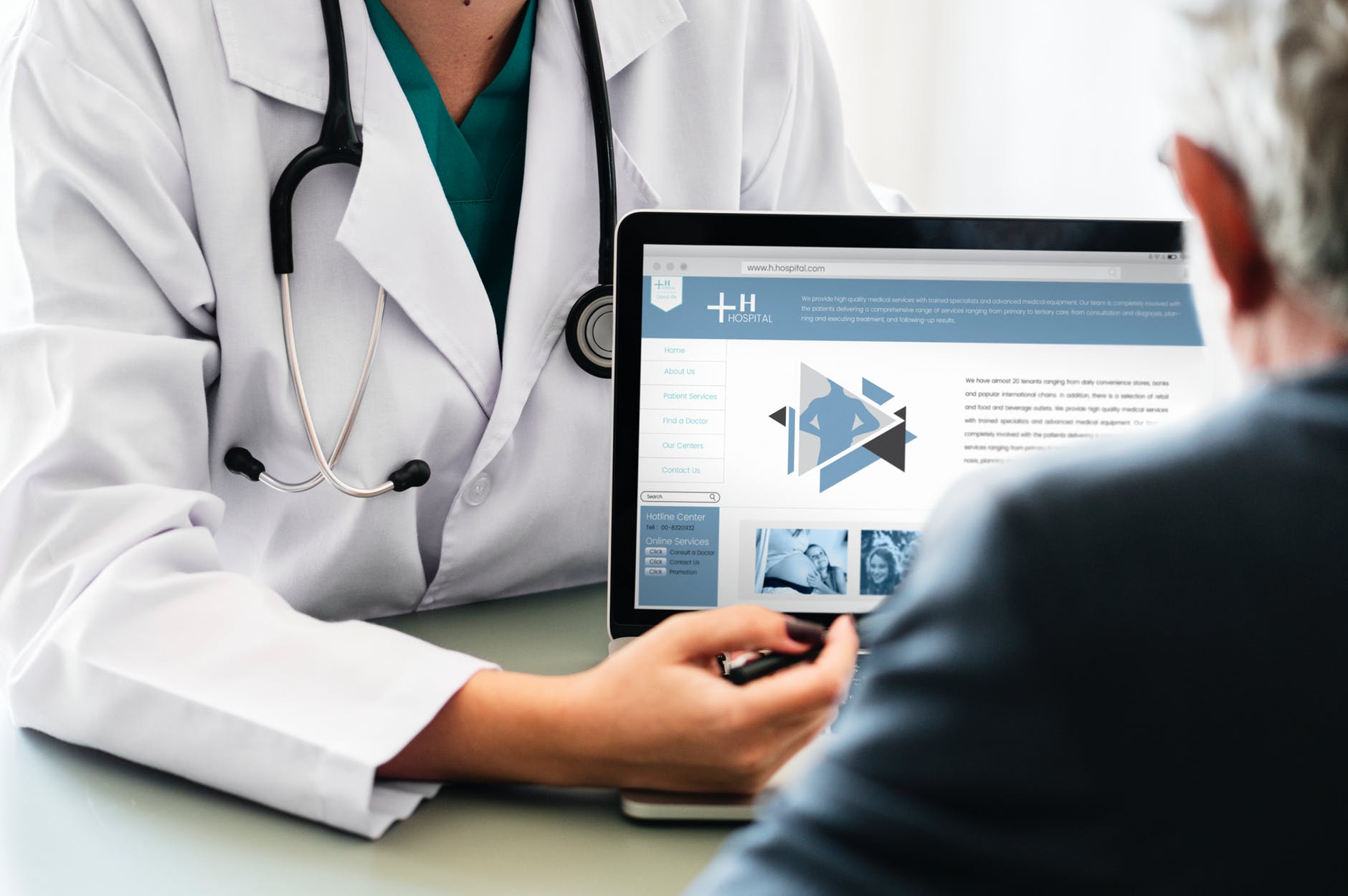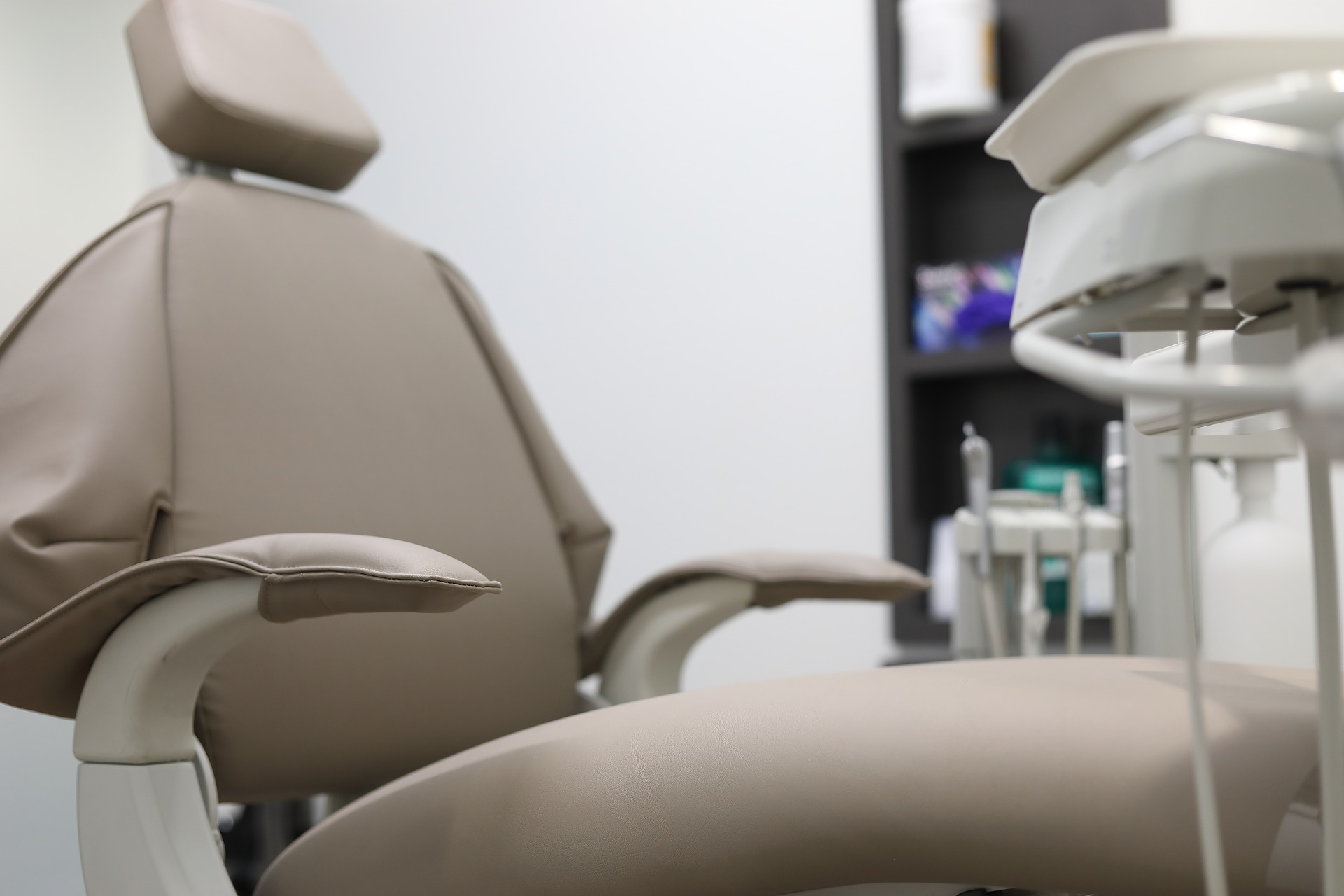Vein health is imperative for keeping your circulatory system in a good condition because veins are responsible for pumping the blood from the body organs back to the heart. However, a majority of people are averse to vein health as they think that pain and discomfort in the veins are minor issues. No wonder, problems such as spider veins and varicose veins are becoming so common. People seldom seek medical guidance right from the initial stages and suffer in silence while the disease aggravates. Lack of timely treatment sometimes even results in serious complications such as Deep Vein Thrombosis. If you are struggling with even minor vein issues, you should not ignore them and take medical guidance.
7 Signs Which Indicate That You Need To See a Vein Specialist Right Now
Here are 7 signs that indicate that you need to see a vein specialist right now:
1. Your experience leg weakness after standing for long intervals
You may think that it is normal to feel weakness in the legs after standing for a while even if you do not have any other medical problem. This could, however, be an early indication of poor vein health. Varicose veins make your legs feel heavy and weak, particularly after standing or sitting in the same position for hours. See a specialist immediately if you experience this issue regularly.
2. Your leg pain is hampering physical activity
Leg pain could be a symptom of varicose veins though there could be some other factors at play. If you experience aching and throbbing in your legs for a prolonged period and are unable to do your daily activities due to the pain, it is time to seek vein clinic help. The specialists here can evaluate whether the pain is due to vein damage and chalk out a treatment plan for you.
3. You have rashes or dryness near your ankle
Another telltale sign that you may be suffering from vein problems is a rash or dryness of the skin near your ankles. This could be an indication that your veins are damaged and are not doing their job properly. The condition may get worse if not treated in time as the itch or rash may lead to a venous ulcer at a later stage. So it is better to see a doctor and address the problem before it is too late.
4. You have developed leg ulcers
Ignoring rashes and itchiness can cause leg ulcers, which are commonly seen in the calf and ankle areas. Diabetic patients are at high risk of having them. This is one problem that you should not ignore because it points out the presence of vein disease and diabetes (if not diagnosed yet). A vein specialist can offer the right treatment for ulcers before they get worse.
5. You have swelling in one of your legs and it goes after resting
Swelling in your legs could be caused by a number of health issues but if it happens it one of the legs, it is probably because of venous insufficiency. Diagnosis is even more likely if the swelling goes after resting for a while or after waking up in the morning. If you experience such symptoms, you should see a specialist at the earliest.
6. Your veins have turned blue and are bulging
The most noticeable signs of vein issues are discoloration and bulging of the veins. If you find your veins turning purple or blue in color along with visible bulging, a medical consultation is warranted. These are the symptoms of varicose veins and should be addressed at the earliest to prevent the formation of blood clots.
7. You have a tender lump in your leg
Another concern that you should not ignore is the presence of a tender lump in your leg. This may not always mean that you have a vein-related issue but it could probably be caused by a blood clot in the vein. If you spot anything like this, do not delay an appointment with a vein specialist.
These signs are the danger signals that your body sends and you should never ignore them. Pregnant women should be particularly vigilant as hormonal changes and increase in weight and vascular volume can aggravate varicose veins during pregnancy. Those who have suffered from vein issues during their first pregnancy should be extra careful during the subsequent ones. Timely consultation and proper treatment from an expert specialist can help to resolve vein-related issues effectively. Your veins play an important role in keeping you healthy and they deserve all the attention and care that you can give.
Read Also :






















